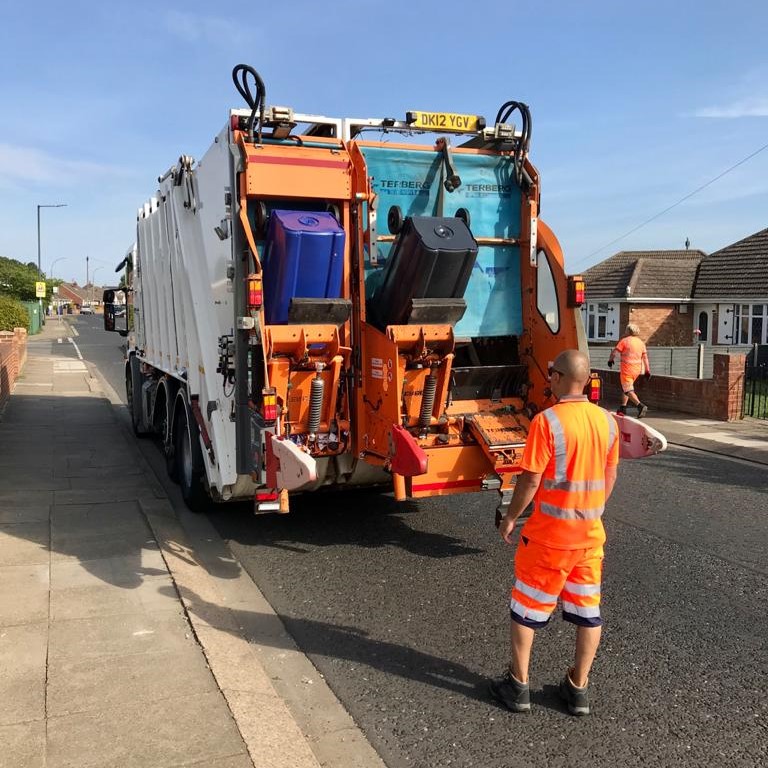North East Lincolnshire Council have received more than £1 million in funding from the Government to help with the implementation of separate collections of food waste for recycling.
The investment comes as part of the 25 Year Environment Plan by Central Government to leave the environment in a better condition for future generations.
In April 2021, the council carried out a pilot scheme in which about 4500 households across five different wards took part in food waste collections. The aim was to reduce household waste by raising awareness about the amount of food waste we throw away and increase recycling.
In March 2022, a further 850 homes were added to the pilot, including a mix of urban, suburban and rural neighbourhoods.
Most people felt the scheme was beneficial and supported it being rolled out permanently.
The full scheme rollout, planned for 2023, was delayed nationally due to issues such as the coronavirus pandemic. All Councils in England are now expected to roll the scheme out by April 2026.
The food waste is deposited indoors in small bins called caddies before being emptied into slightly larger food waste bins stored outside. These are collected by operational crews weekly. After collection, the waste is often taken to anaerobic digesters and transformed into different forms of energy.
The £1.2 million funding is to be used for procuring the bins and caddies as well as the vehicles to help collect them. North East Lincolnshire Council is currently conducting research into how the scheme will operate with a view to provide a further update in autumn this year.
Portfolio Holder for Environment and Transport, Coun Stewart Swinburn, said: “This is a great opportunity for North East Lincolnshire Council to make further advancements in waste reduction and recycling.
“As well as this, it will be a massive step forward in our goal to be carbon neutral by 2030. We want North East Lincolnshire to have a green future with a focus on achieving a circular economy, rejecting a throw-away society and making recycling a priority.
“Although this won’t be fully rolled out until 2026, there are a lot of positives to take from the successful pilot carried out in 2021 and I look forward to watching this take shape in the coming months.”
Article and image from NELC.

About the author